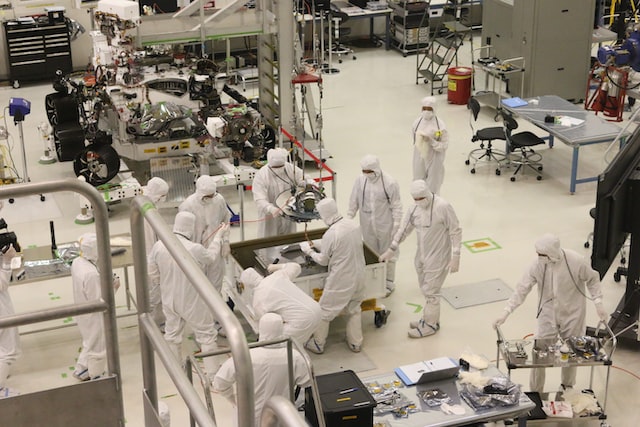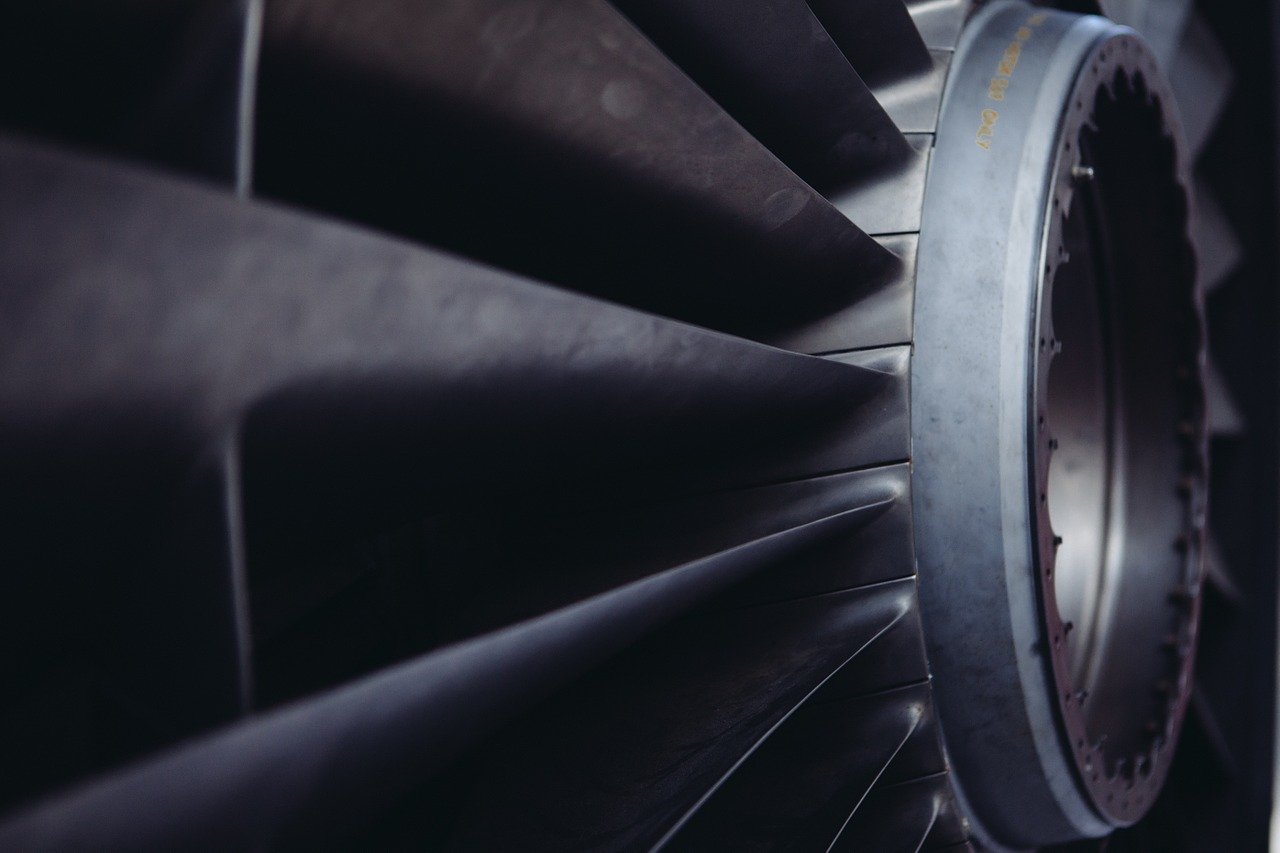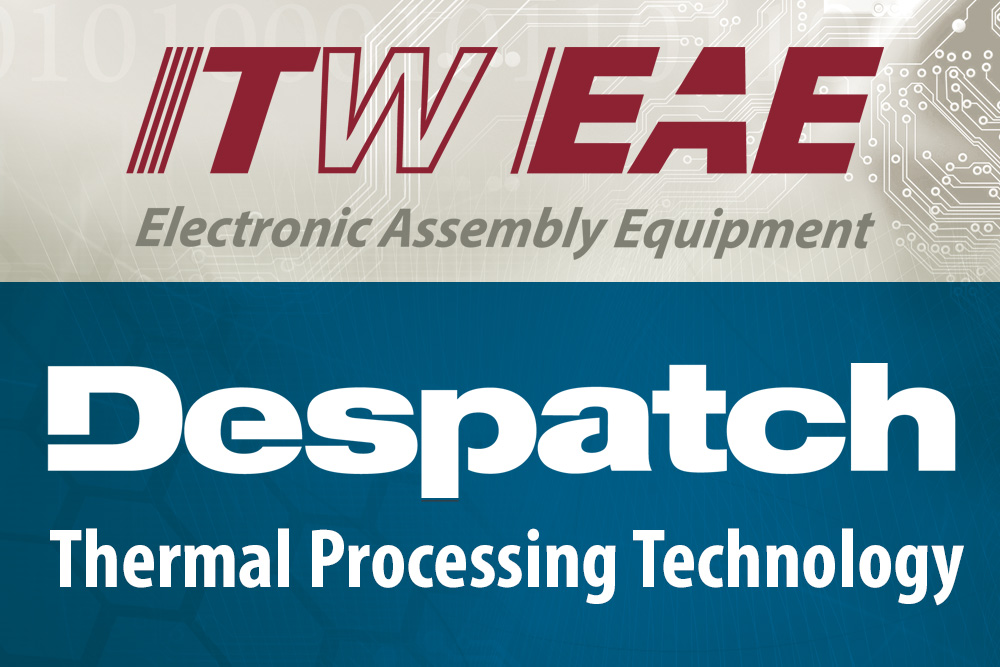If you’re a lab professional, you know that buying the right laboratory equipment is a critical part of a lab’s operation. Of course, what equipment you buy depends on your services and your lab’s business priorities. But without suitable equipment, your lab will face an uncertain future. Fortunately, you can buy laboratory equipment from any number of trusted sources—manufacturers, equipment websites, or in some cases, local dealers.
But buying the right lab equipment is easier said than done. While there are many choices out there, you want to be sure you have the right tool or tools for the job regardless of the type of lab you have. You also want to be sure the purchase fits within your budget. Plus, you want to ensure the equipment comes from a trusted source. That way, you know you’re getting the best equipment available that can boost the quality of your services.
Regardless of the size or type of your lab, you should strive to buy equipment that provides a good return on investment (ROI). Put simply, you need to ensure the equipment you buy makes work more straightforward and manageable regardless of what it costs you or the brand you buy. If the equipment doesn’t optimize work within the lab, buying it makes no sense.
Below are five types of equipment often used in lab environments and resources for buying the equipment.
1. Refrigerators and Freezers
Refrigerators/freezers are critical laboratory equipment used in many scientific, pharmaceutical, and medical labs. They’re ideal for storing and protecting contents and keeping them fresh and viable. Refrigerators/freezers, for example, are critical in storing and preserving sensitive materials, volatile chemicals, vaccines, and gases. They are also critical for storing and preserving biological samples at significantly low temperatures and enzymes or other biological reagents for conducting scientific tests. Some labs use refrigerators/freezers as incubators for culturing and monitoring the growth of bacteria. Temperature management and reliability are critical features of lab refrigerators/freezers.
Resources: Cincinnati Sub-Zero, Migali Scientific, Helmer Scientific
2. Ovens and Furnaces
Lab ovens perform various simple processes, including drying glassware, testing materials and components, and implementing complex heating applications that need to be controlled and recorded. Ovens and furnaces are also used for sterilizing medical instruments and conducting other process-critical procedures. For example, Despatch’s LLB Lab Oven is ideal for drying, curing, annealing materials and asphalt testing. Meanwhile, its LAC High-Performance Lab Oven is ideal for aging applications, and its LFC Class A Bench-top Oven meets NFPA 86 requirements for applications involving flammable solvents or toxic vapors.
Resources: Despatch Industrial Ovens, Carbolite Gero
3. PCR Thermal Cyclers
These devices are also known as thermocyclers, PCR machines, or DNA amplifiers. Labs often use thermal cyclers to “amplify” segments of DNA using the polymerase chain reaction. Labs also use them for facilitating temperature-sensitive reactions, including restriction enzyme digestion and rapid diagnostics. A ubiquitous laboratory technique of molecular biology calls for PC thermal cyclers to target specific DNA sequences and make millions of copies. Heat lids are now standard features of thermal cyclers and prevent evaporation and condensation of PCR samples during runs.
Resources: Thermal Fisher Scientific, Analytik Jena
4. Liquid Nitrogen Dewars
Superior vacuum-insulated stainless steel pressure vessels, these devices are ideal for storing, transporting, and dispensing small quantities of liquid nitrogen—a cryogen. Cryogens are liquified gases cooled below room temperature. Most are below -150°C. Dewars are highly useful in medical, clinical, and scientific applications. For example, many laboratories use liquid nitrogen for storing samples or topping up anti-combination dewars. They also use liquid nitrogen to preserve stem cells. Dewars provide superior performance and insulation and allow for optimal thermal efficiency and maximum holding times even under extreme conditions.
Resources: Agar Scientific, Cryofab
5. Incubators and Test Chambers
Test chambers are well-suited for individual tests on particular items, preparing samples for further testing of a different type, or reproducing environmental conditions of other tests. Despatch’s Qmax Laboratory Testing Oven, for example, is ideal for the thermal evaluation of electrical insulating materials, testing, and aging of products where tight temperature uniformity is required.
Meanwhile, its RBC Burn-In Oven is well-suited for qualification testing, burn-in, reliability testing, and research and development. Incubators are critical pieces of laboratory equipment that provide optimal temperature, humidity, and other environmental conditions in applications involving the growth of organisms, such as cultivating microorganisms under artificial conditions.
Resources: Despatch Industrial Ovens, Tenney Environmental
In addition to the equipment described above, many labs will need chemical glassware, such as test tubes, beakers, flasks, reagent bottles, funnels, pipettes, balances, tweezers, spatulas, and clamping rings, and lab devices, such as Bunsen burners, microscopes, hot plates, magnetic stirrers, and water baths.
Critical Laboratory Equipment Considerations
Technological advancements and equipment obsolescence are common with laboratory equipment. That’s because manufacturers are always trying to outdo one another when it comes to their products. That means that advancements in lab equipment take place rapidly. Lab equipment, however, can be expensive. So, two key considerations when buying equipment are quality and long-term use.
Additional considerations for lab equipment include:
- Adaptability to future requirements
- Potential for updates for equipment
- Work capacity of instruments/devices
- Faster turnaround for equipment
- Manufacturer’s dependability
- Lab equipment dealer’s reputation
- Ease of use in the lab
- Main features and specifications
- Service and warranties.
As for safety, it should always be a priority in a lab. Laboratories often need lab glasses, lab coats, nitrile gloves, gowns, protective equipment, eye wash, and emergency showers.
Labs may also need research chemicals, production chemicals, bulk and custom chemicals, and lab instruments, such as centrifuges, refractometers, and lab mixers and stirrers.
Buying laboratory equipment is a challenge—no doubt about it. There are a lot of considerations involved regardless of the type of lab you have. But the key to buying the right lab equipment—whether it’s refrigerators, freezers, and ovens or PC thermal cyclers, liquid nitrogen dewars, and environmental test chambers—is purchasing equipment that is simple and easy to use, optimizes your work within the lab, and provides a healthy return on investment.
Photo by Laurel and Michael Evans on Unsplash






